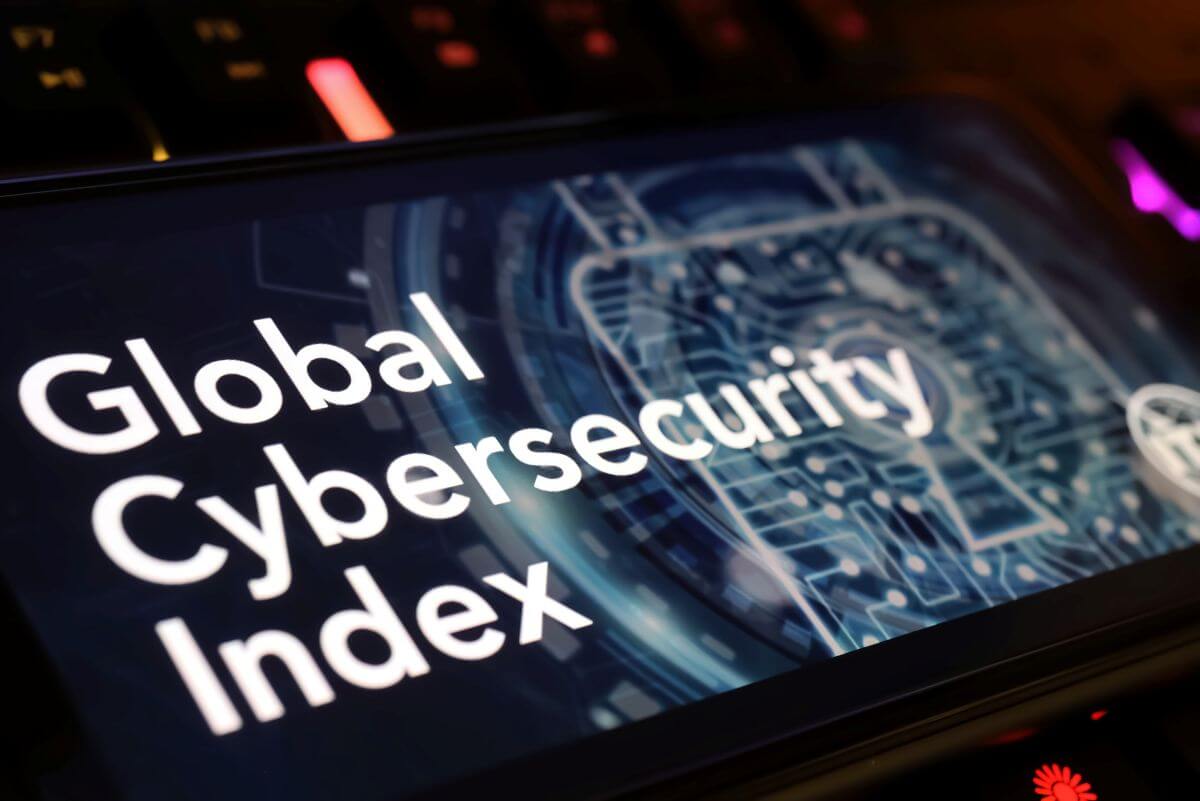

Information and Communications Technology Secretary Henry Aguda said the agency is working closely with both public and private stakeholders to strengthen cybersecurity capabilities nationwide.
“We aim to move the Philippines higher in the global cybersecurity index by enhancing our frameworks, policies, and technical capabilities,” Aguda said.
“Cybersecurity is a cornerstone of our digital economy, and our ranking should reflect our growing preparedness.”
Multi-pronged strategy
The DICT is implementing a series of measures, including expanding the National Computer Emergency Response Team (NCERT), boosting collaboration with international partners, and intensifying capacity-building programs for government agencies and critical sectors.
Aguda emphasized that these steps are essential not just for rankings but also for protecting citizens and businesses in an increasingly digital landscape.
“Cybersecurity is not the responsibility of the government alone,” Aguda added. “We need a whole-of-nation approach where everyone—from corporations to individual users—does their part in building a safer digital space.”
The ITU’s Global Cybersecurity Index assesses countries based on legal, technical, organizational, capacity-building, and cooperation factors. The Philippines has shown steady progress in recent years, but DICT aims to accelerate improvements to match regional leaders.
With cyberattacks growing in frequency and sophistication, the DICT chief stressed the urgency of collective action:
“Our goal is to ensure that the Philippines becomes a model for cybersecurity in the region, one that attracts investors and safeguards our people.” —Ed: Corrie S. Narisma